
The seminar kicked off with Theo Kalionzes’ riveting discourse, captivating the audience with his expertise and passion for the subject matter.
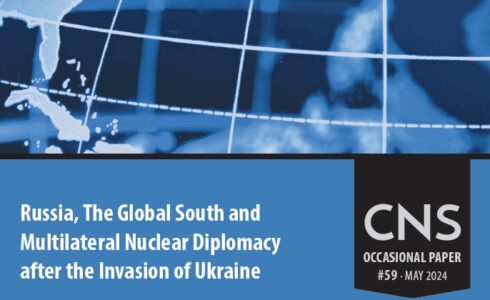
This paper assesses the impact of Russia’s war against Ukraine on multilateral nuclear diplomacy, with a particular focus on dynamics between Russia and countries of the Global South.
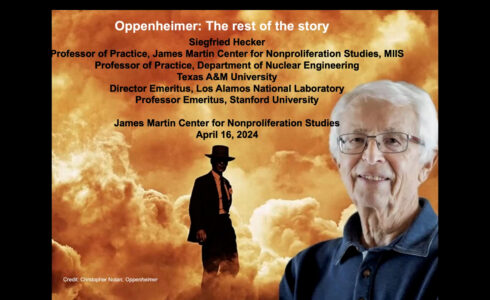
Dr. Hecker provides the back story to some key elements of the film and shares his views on the legacy of Oppenheimer and the Manhattan Project.
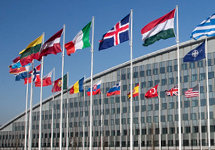
Senior Research Associate Natasha Bajema and Director of the Eurasia Nonproliferation Program Hanna Notte spoke at NATO’s annual Nuclear Policy Symposium in Skopje, North Macedonia.

The lack of political will on both sides suggests there are slim chances of a major breakthrough in Indo-Pak relations.
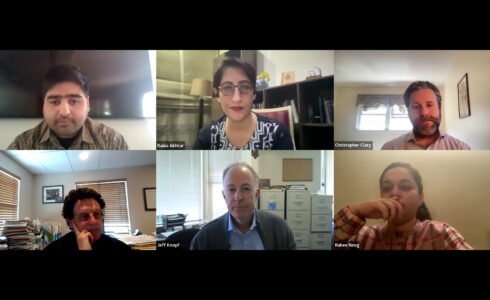
A webinar featuring Dr. Rabia Akhtar, Ruhee Neog, Dr. Christopher Clary, Dr. Jeffrey Knopf, and Dr. William Potter. Moderated by Syed Ali Zia Jaffery.
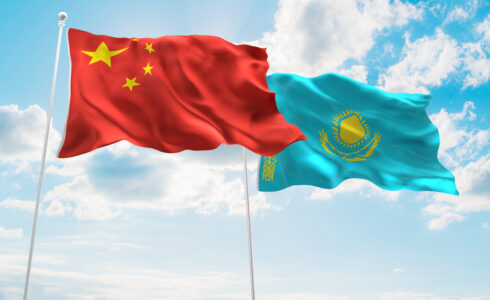
Kazakhstan has leveraged its natural uranium resources to hold the reins in its nuclear fuel–related dealings with China.